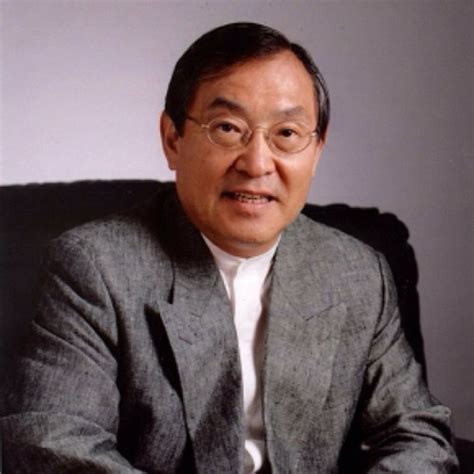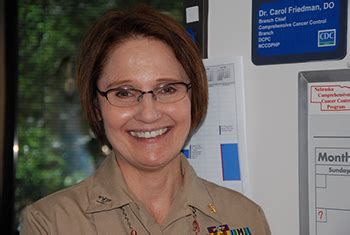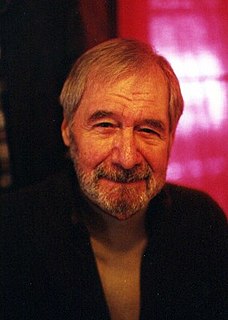A Quote by Steve Pavlina
Our beliefs act as lenses. These lenses can help us see things we can't otherwise see, but they can also block us from seeing parts of reality.
Related Quotes
It is hard to let old beliefs go. They are familiar. We are comfortable with them and have spent years building systems and developing habits that depend on them. Like a man who has worn eyeglasses so long that he forgets he has them on, we forget that the world looks to us the way it does because we have become used to seeing it that way through a particular set of lenses. Today, however, we need new lenses. And we need to throw the old ones away.
We all have our own takes on things. To being yourself. The abstract, the whole thing that I play with, seems to result in seeing through your lenses, and once you express how you see things to others, you start to see there are similarities between all people. It's kind of like, no matter how far you go, you're still where you started, in a way.
We have two boys, and one of our kids is much more interested in history and stories, so if you want him to do some calculations about lenses, you would start talking to him about Galileo... Then he would be into the lenses, but if you just start talking to him about lenses, he might not stay with you.
I didn't think that and I didn't verbalize that to myself or within meetings that we ever had, but we wanted to make a hard-nosed, gritty, realistic spy thriller. Roger talked about using lenses. He shot hi-def, but using anamorphic lenses that he'd found from this warehouse. He was so thrilled with that. Him and Romain [Lacourbas] were just like kids in a toy store with their lenses.
Remember the movie 'The Matrix,' where virtual information popped up to help inform physical day-to-day reality? Such things won't always be the stuff of Hollywood. If the Internet is accessible via contact lenses, biographies will appear next to the faces of the people we talk to, and we will see subtitles if they speak a foreign language.
There's nothing easy or simple or even entertaining (in our contemporary American sense of that word) in disciplining our minds to "see" reality through biblical lenses; it takes effort and time. But Christians who don't take that effort and time will inevitably succumb to some of the anti-biblical and anti-Christian messages that bombard us every day through advertising, entertainment, etc.
I remember coming on my first set and it being a playground of things I wanted to ask questions about: cameras and lenses and what the lenses do, what's the focus puller doing and how does that work? Why is there less margin for error when there's less light? I was always asking questions and watching directors closely.
There is a strength, a power even, in understanding brokenness, because embracing our brokenness creates a need and desire for mercy, and perhaps a corresponding need to show mercy. When you experience mercy, you learn things that are hard to learn otherwise. You see things you can't otherwise see; you hear things you can't otherwise hear. You begin to recognize the humanity that resides in each of us.
We live inside our universe and cannot get a bird's-eye view of it from outside. And we cannot even see all of our universe. Distant parts of it are expanding away from us so fast that they are invisible; they go faster than the speed of light. Having bigger telescopes to see fainter stars will not help us here: invisible is truly invisible.
At the most simplistic level physicists tell us that what we see as reality is not actually accurate. A rock looks solid to us but it's full of empty space and atoms moving and we see it as solid because we need to because it helps us survive, right? Survival being our goal. You can extrapolate that to many other things.
What the studio didn't understand is that surfing is about a billion times more dangerous than skydiving. They would not allow the boys to skydive, but they allowed us to surf in pipeline in Hawaii. Nine-hundred foot waves. So we're out there in the middle where the greatest surfers in the world surf. They have these long lenses on from the beach, so they can't see anything. They are just shooting our faces in the Point Break.
Only through art can we get outside of ourselves and know another's view of the universe which is not the same as ours and see landscapes which otherwise would remain unknown to us like the landscapes of the moon. Thanks to art, instead of seeing a single world, our own, we see it multiply until we have before us as many worlds as there are original artists.



































